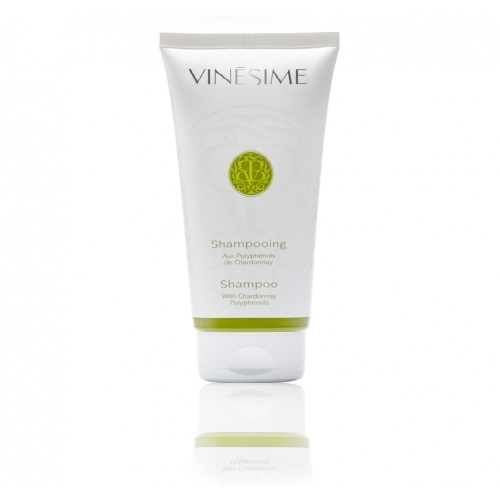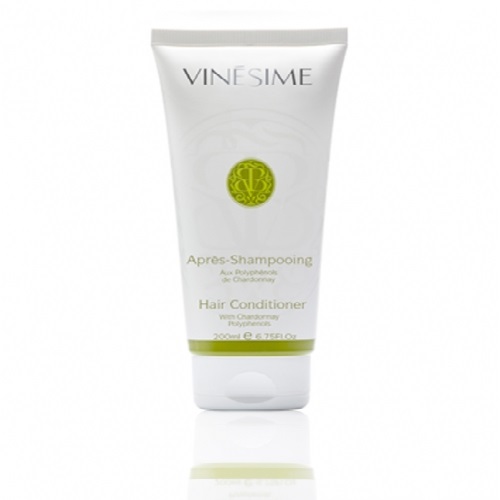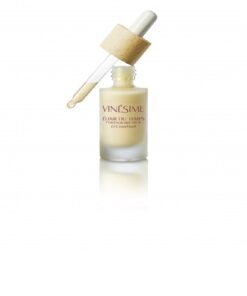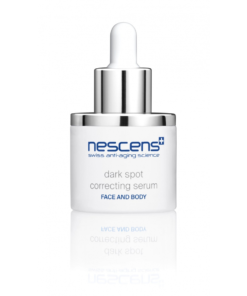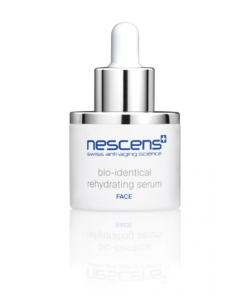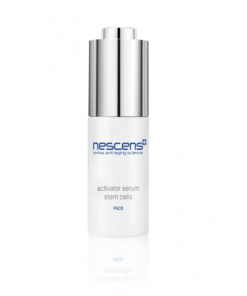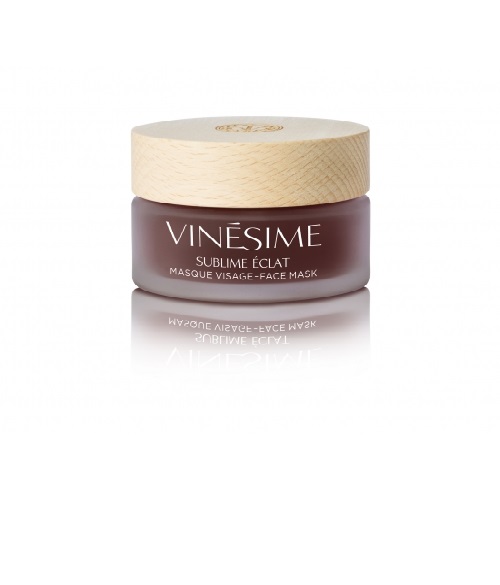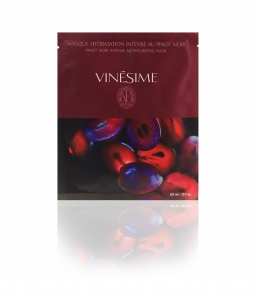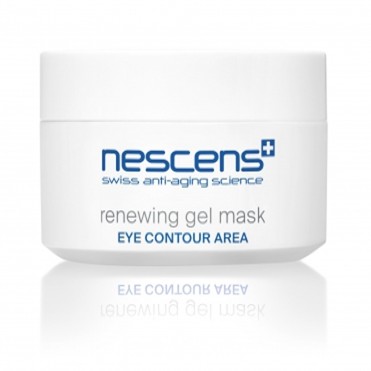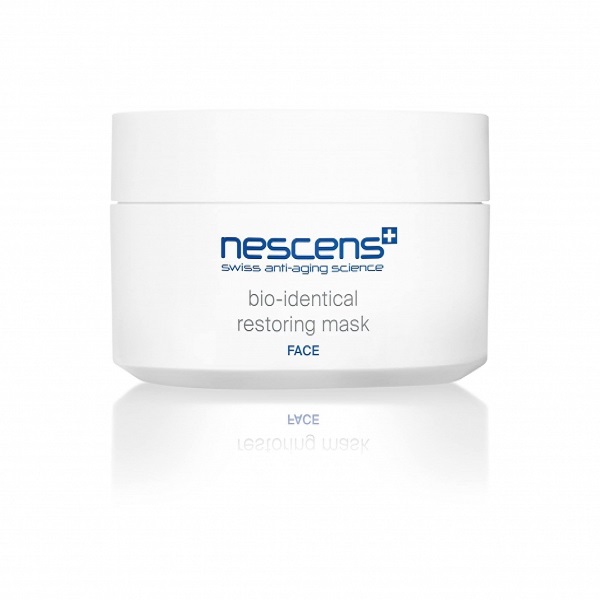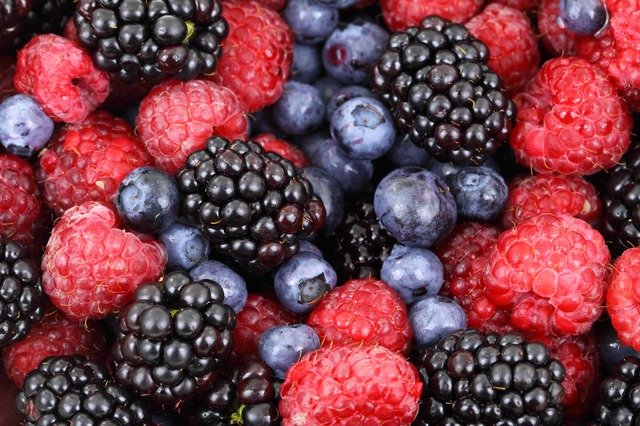Skincare
Nutrition and Immunity
Does eating certain foods boost our immunity? Is it beneficial to eat our food raw or too fast? Should we drink hot beverages?
Advice is plentiful but what is the scientific reality behind it? Can our food strengthen our resistance to viruses?
The strength of our immune response, i.e. our ability to defend ourselves against infections, whether of bacterial or viral origin as is the case with COVID-19, varies greatly from one to another. This capacity depends on different genetic and environmental factors, but food does play a role. It is accepted that insufficient nutritional intake or deficiencies in vitamins and minerals can make us more vulnerable. In order to consolidate an immune response, our diet must be suitable in terms of energy value – meaning ensuring sufficient intakes of macronutrients such as carbohydrates, fats and proteins because the immune system is very energy-intensive – as well as including foods rich in micronutrients such as vitamins and minerals. Studies show that certain vitamins (A and D) or types of unsaturated fatty acids play a more specific role in the proper functioning of our immune system, as does the nature of our intestinal microbiota. However, researchers have as yet discovered only certain general trends in terms of how immunity and nutrition work, and that doesn’t enable me to give specific nutritional recommendations for modifying your diet to improve your immune response.
In other words, does that mean there’s no immunity boosting regimen?
Absolutely, our immune system is very complex and to date, no food or nutrient has proven its effectiveness against a viral infection. The same goes for fasting, whose detoxifying mechanisms are a concept that is not based on any scientific value. Eating more raw vegetables can be worthwhile if you don’t usually eat enough of them because they are rich in nutrients as well as in fiber, which is particularly important in these periods when we are forced to live a more sedentary lifestyle, in order to keep the intestinal transit working smoothly. As far as beverages are concerned, it is important to moderate alcohol intake, especially in confinement, and to ensure proper hydration through hot or cold drinks according to personal preferences, but without expecting any virucidal activity that only exists at very high temperatures that would be incompatible with human consumption.
To conclude on a positive note: if the situation we are experiencing encourages us to learn to eat a more balanced and diversified diet, to consume seasonal foods, to cook – along with undertaking regular physical activity, then it will contribute to making us stronger, as well as to enhancing our health, vitality and well-being.
Excerpt of “An interview with Pr. Jacques Philippe, Medical Director of the Centre for Nutrition and Metabolic Diseases – Switzerland”




